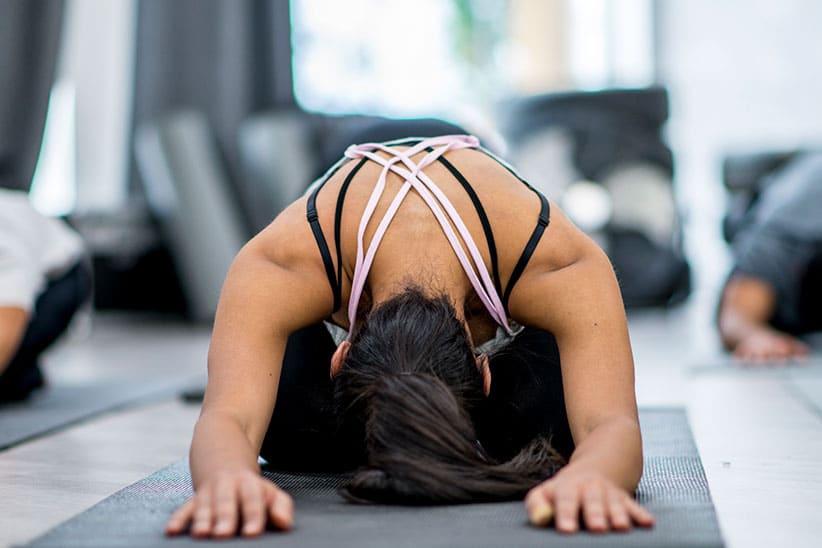Yoga

Yoga for Addiction Recovery in Canton, Ohio
Yoga and mindfulness work together to boost positive emotions and perspectives. Studies have shown that combining yoga and mindfulness can offer energy, fulfillment, and stability on an addict's path to recovery.
Recovery is different for everyone
Addiction recovery is different for everyone. It is a hard process that many people deal with in their own way from meditation to the 12-steps. Yoga for Addiction Recovery in Ohio has been shown to help many individuals in their healing journey. It aids in stress reduction, improves physical well-being, and enhances mental clarity, all of which are essential for maintaining long-term sobriety and emotional stability. When you are going through rehab, you are starting your life over for the better. It is important to take advantage of anything that could be beneficial towards a successful recovery. Yoga may not be for everyone, but it doesn’t hurt to try it out to see if it works, even if you think you won’t like it.
What is yoga for addiction treatment?
Yoga is a technique that uses physical postures and controlled breathing to lengthen and strengthen the spine, increase flexibility, calm the mind, improve concentration, and promote patience. Yoga can also contribute to a greater sense of control in more acute states when experiencing cravings, insomnia, agitation, etc. Regular practice is needed to fully experience these benefits.
A small but growing number of well-designed clinical trials and experimental lab studies on smoking, alcohol dependence, and substance use support the effectiveness and proposed mechanisms of action of mindfulness-based therapies for treating addiction. Very few studies have been conducted on the specific role of yoga in treating or preventing addiction but current findings increasingly support yoga and mindfulness as promising complementary therapies for addictive behaviors.
More Holistic Treatments
A complement to your non-12 step or 12-step recovery program, yoga’s benefits include:
Physical Healing.Yoga detoxifies the body and gives you the opportunity to tap into your body’s innate strength, flexibility, and endurance. It encourages you to connect with your body at a deep level, rather than disconnecting by using drugs and alcohol.
Mental and emotional healing. Yoga is said to “steady the mind” as the participant focuses on achieving and sustaining posture and breathing. It is also thought to facilitate a cleansing release of emotions you may have had locked up for months, years, or decades.
Stress Relief. A study conducted by Harvard Medical School found evidence that yoga modulates stress response systems, lowers heart rate, reduces blood pressure, and slows respiration. The study also reported that yoga practices help to “increase heart rate variability, an indicator of the body’s ability to respond to stress more flexibly.”
The different types of yoga have different intensity levels, allowing a person to choose what works best for him or her. Yin yoga is very meditative and emphasizes passive stretching. Vinyasa yogas are quicker practices, where you flow through poses to build strength. Bikram yoga is practiced in hot rooms to sweat out toxins. There are many types of yoga practices, even laughing yoga.
Yoga provides a spiritual environment, no matter your religious beliefs. Learning to slow down, mindfulness and acceptance are central to yoga and a healthy spirit. Regularly setting aside time for growth will help you focus on recovery and a healthy lifestyle. In addition, yoga communities will help you build sangha- a healthy community of friends.
Recovery is a long – often very difficult – process. By incorporating yoga into their recovery practice, people can learn new tools to release stress and connect into their inner strengths. Your yoga practice can be a part of an organization, or a daily 5-minute routine. Whatever works best for you, incorporating yoga into your practice will heal body, mind, and spirit.














